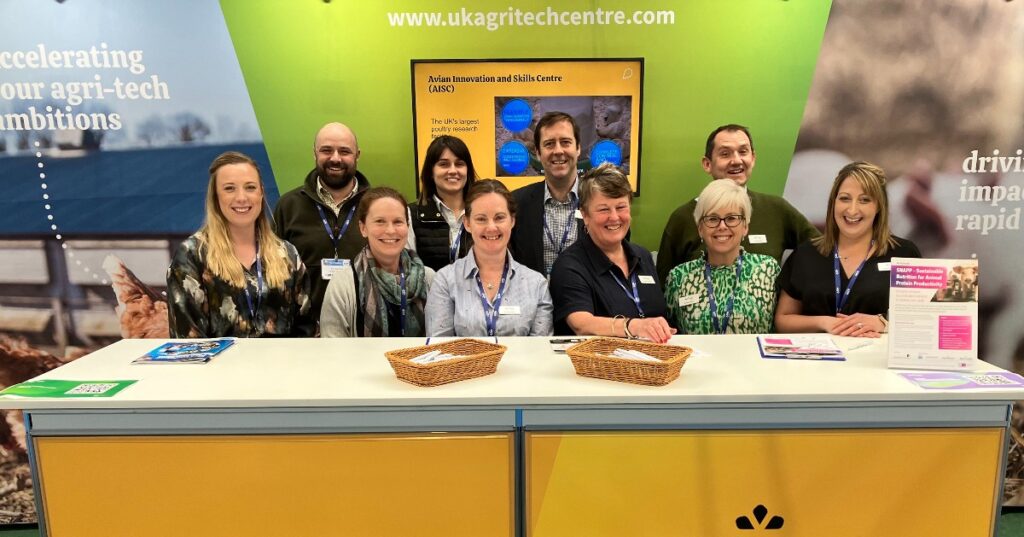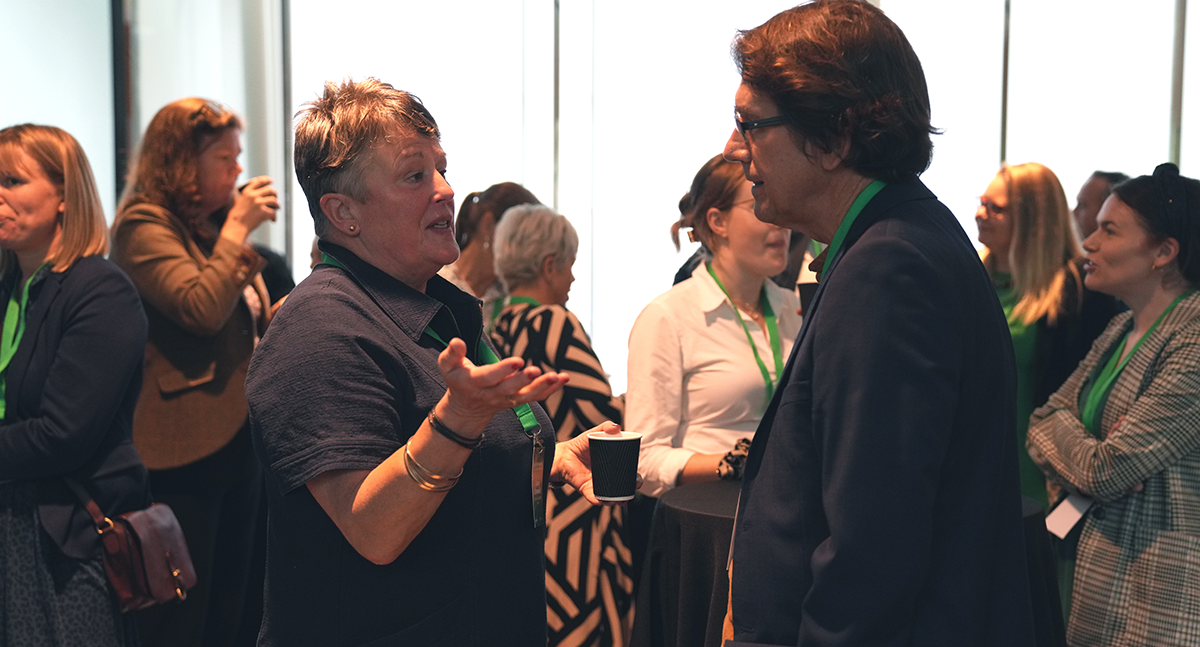Our Meet the Team series profiles the individuals who make up the UK Agri-Tech Centre, offering a glimpse into their stories and ambitions for the sector. Next up is Linsey Cresswell, Head of Strategic Partnerships.
For Linsey, balancing commercial success with meaningful contributions to the sector is crucial.
Can you share a bit about your background and how you came to work in this sector?
My background is not in agri-tech. I started my career working in clinical research in the Chest Department at St. Bartholomew’s Hospital, London. That was an intense and rewarding experience, working on conditions that have such a significant impact on people’s lives.
From there, I transitioned into the commercial side of science, joining a company called Amersham International. I wore many hats during my time there—working in the labs, technical support, marketing, key account management and eventually business development and licensing. In 2005 Amersham was acquired by GE Healthcare which was the catalyst for a colleague and I deciding to strike out on our own, founding LLC Associates, where we provided interim commercial support to the life science industry.
In 2018, I was approached by Fraser Black, then CEO for the Crop Health and Protection (CHAP) agri-tech centre about taking on a contract as the interim Commercial Director. I started in February 2018 and after some reflection, I decided to apply for the permanent role later that year. So, that’s how I ended up in the agri-tech sector—and with the merger, I became Head of Strategic Partnerships at the UK Agri-Tech Centre, continuing my customer and commercial focus.
What does your role as Head of Strategic Partnerships entail?
My role is evolving as we define how best to work with our existing partners and identify new opportunities. It falls very much within the business development (BD) sphere and at its core, my job is to generate revenue and create impact. I see this happening primarily by collaborating with larger multinationals. The idea is to align their significant challenges and objectives with the issues we’re tackling here. Together, we can drive meaningful change across the entire supply chain, which is where I believe we can make a real difference.
It’s still early days and a big part of my current focus is mapping out stakeholders and identifying gaps—essentially identifying where we can have the most impact. This approach is particularly important when working with large corporations. On the other hand, we also collaborate closely with academic institutions. My colleague Wendy Hewitson plays a crucial role in that area, helping to determine which academic partnerships will be the most beneficial in developing the sector.
For anyone interested in collaborating with us, I’d suggest they start by reaching out to me and/or Wendy Hewitson directly. Whether it’s a multinational challenge or a sector-wide issue, we’re always open to discussing how we can work together.

What inspires you in this line of work?
I’m very commercially focused, which drives a lot of what I do. I love solving problems and helping businesses succeed—honing their marketing strategies or refining their value propositions for example. It’s incredibly rewarding to see a company grow and thrive because, in part, you’ve helped them.
On a broader scale, I’m also inspired by the challenge of making the UK Agri-Tech Centre financially successful and able to reinvest in the fantastic capabilities we have and hopefully build new ones. However, it’s not just about making money to support ourselves in the future; it’s about ensuring that the work we do has a lasting impact on agriculture and the environment. Balancing commercial success with meaningful contributions to the sector is what keeps me motivated.
What do you think makes the UK Agri-Tech Centre special?
Our unique structure is a contributor to our success. The UK Agri-Tech Centre is a single front door for anyone interested in agri-tech, running projects with our delivery partners on everything from animal health to crop protection, networking, introductions, events and professional services. If there’s something we can’t do, we know exactly who can—whether it’s within our immediate network or through our extensive industry contacts.
However, if the interest lies in something broader—like addressing a significant challenge within the sector or aligning with our objectives on a larger scale—then they should come directly to me. We’re always keen to explore new partnerships, particularly those that can help us achieve our long-term goals and create a real impact.
